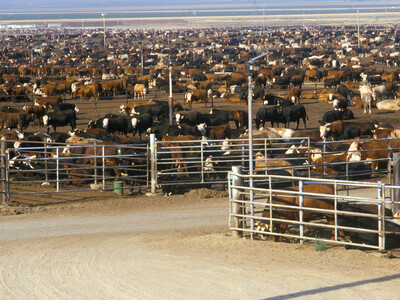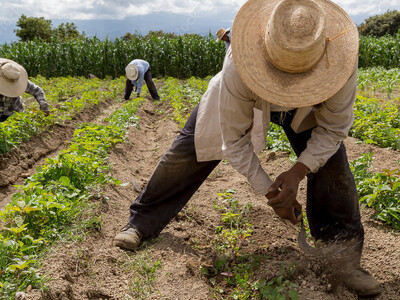Protecting the American Food Supply
Protecting the American Food Supply. I’m Greg Martin with today’s Line On Agriculture.
The U.S. Department of Agriculture announced yesterday that it is taking new steps to fight E. coli and protect the safety of the American food supply. Ag Secretary Tom Vilsack made the announcement to reporters.
VILSACK: Fro the first days of this administration, food safety has been a priority. It’s been a priority because it saves lives, it saves medical expenses and it keeps people productive. The President established a food safety working group and asked Secretary Sebelius from the Health and Human Services and myself to co-chair that effort. And over the course of the last several years we’ve taken a number of steps pursuant to recommendations from the food safety working group to improve food safety in the United States.
He says a number of those improvements are things like performance standards for poultry, a public health information system to identify risks earlier and a significant public service campaign.
VILSACK: Today we take another step forward in this effort by announcing 6 additional serogroups of pathogenic E. coli in non-intact raw beef which is ground beef and tenderized steaks. In announcing and determining those to be adulterants we are in a sense indicating that if they are found in raw beef that those samples will be prohibited from sale to consumers.
Vilsack says the CDC has indicated that these non 0157 bacteria are responsible for the majority of the additional illnesses, hospitalizations and deaths not related to 0157.
VILSACK: It’s estimated that over 112-thousand annual food-borne illnesses occurs as a result of non 0157; twice the rate of 0157:H7 which has already been declared an adulterant over a period of many years. We estimate at USDA that of that 112-thousand annual food borne illnesses, 36,700 would be attributable to beef. Food Net has indicated in the last decade a 284% increase in confirmed illnesses as a result of non 0157.
Children under the age of 5 are most susceptible to these pathogens.
VILSACK: So starting in March 2012, USDA will launch a testing program initially in beef, manufactured trim to detect these pathogens and if found sale for consumption by people will be prohibited. One of the reasons we are doing this is because these pathogens can survive ordinary cooking.
That’s today’s Line On Agriculture. I’m Greg Martin on the Ag Information Network.

















